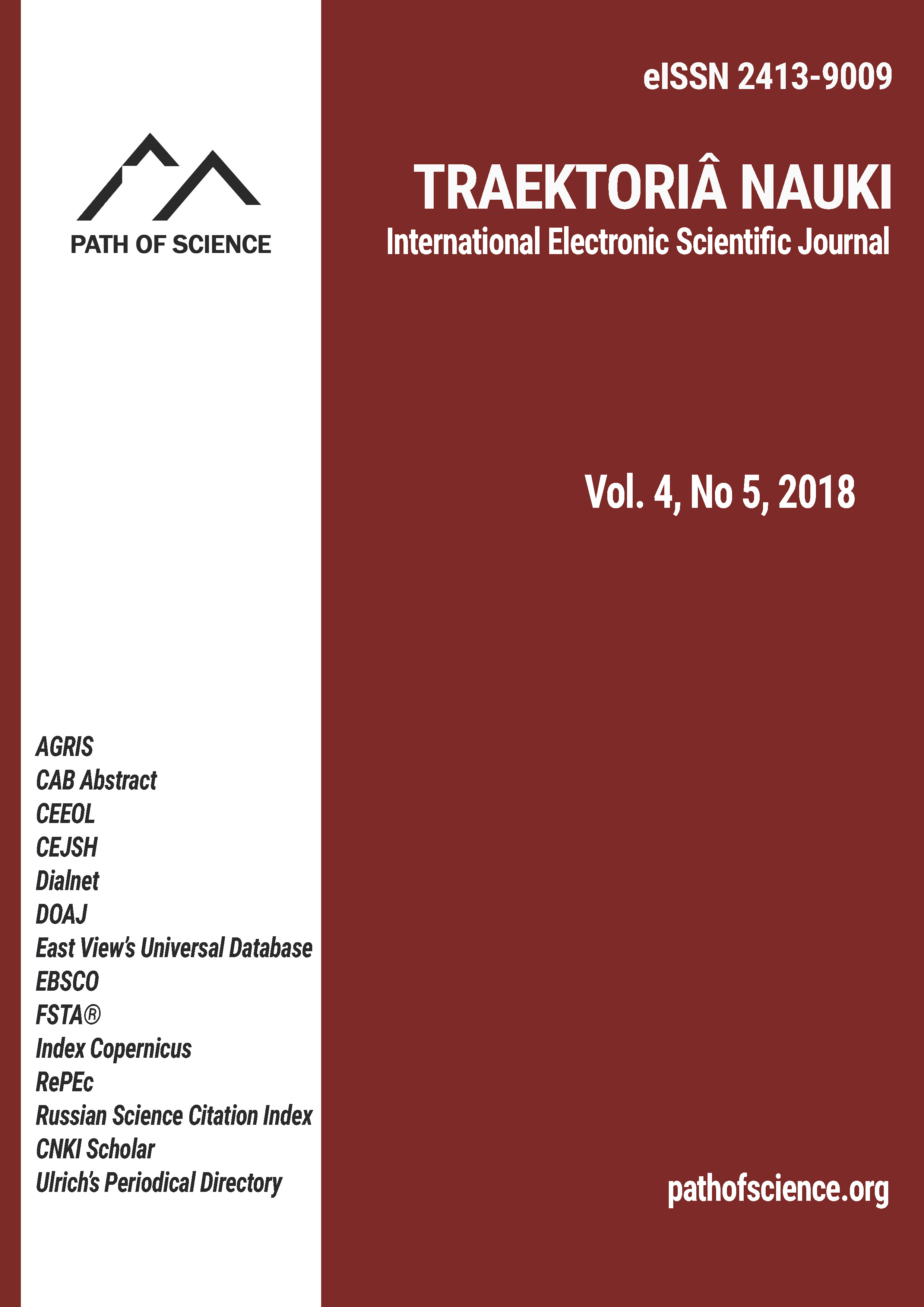Удосконалення технології отримання технічного етанолу з альтернативної сировини
Improving the Technology of Obtaining Technical Ethanol from Alternative Raw Materials
Author(s): Sergіj Petrov, Oleg ChaikaSubject(s): Energy and Environmental Studies
Published by: Altezoro, s. r. o. & Dialog
Keywords: ethanol; green chemistry; ecology; cellulose; hydrolysis of cellulose; obtaining ethanol; technical alcohol;
Summary/Abstract: The purpose of the article is to study the properties of fallen leaves as raw materials for the production of bioethanol; Improvement of the technology of recycling cellulosic raw materials into bioethanol in the most energy-efficient and ecological way. As a result of the study, it has been found out that the production of biofuels from renewable raw materials is characterized by features of innovative technology: the rapid growth of this sector of economy is accompanied by a significant increase in market share. The use of fallen leaves as raw material will eliminate the current conflict of interests associated with the use of food raw materials for the production of bioethanol, will prevent the withdrawal of resources from the sphere of food production. Significant positive factors in the production and use of biofuels are improvement of environmental conditions, reduction of the harmful effects of exhaust gases on the human body, reducing environmental pollution and, consequently, reducing morbidity and associated costs of medical care. The use of bioethanol as an ecobiopilot makes it possible to increase the octane number of fuel, and, accordingly, increase the efficiency of the engine. Thus, the use of bioethanol leads to a qualitative improvement of technical and economic indicators, which is also an indicator of innovation. The threat of reducing (exhausting) non-renewable sources of energy is also the factor that necessitates the development and improvement of biofuel production technology. The relatively low profitability of biofuel production is due to the low yield of the target product and the high cost of pre-treatment of cellulose raw materials. The method of obtaining bioethanol from renewable non-demanded raw materials - fallen leaves - was improved. The technique allows to increase the bioethanol yield due to more effective hydrolysis of hard-hydrolysable polysaccharides.Further development of the study of the differences in the microelement composition of leaves collected near environmentally-polluting industries and streets with busy traffic, on the one hand, and ecologically clean territories, on the other hand, has been further developed. With the help of spectral analysis it was established that the microelement composition of fallen leaves varies considerably depending on the place of collection. This circumstance should be taken into account when organizing the collection of raw materials for further processing of bioethanol.The results of the study can be used in practical work related to the introduction of environmentally friendly technologies for the processing of renewable unclaimed raw materials.Further research perspectives may be related to the deeper study of the relationship between the degree of contamination of the raw material collection area for the production of bioethanol and the trace element composition of the final product. Also, further research perspectives may be related to the specification of the degree of innovation of the proposed technology and the calculation of its economic efficiency.
Journal: Traektoriâ Nauki
- Issue Year: 4/2018
- Issue No: 05
- Page Range: 2001-2010
- Page Count: 10
- Language: Ukrainian

